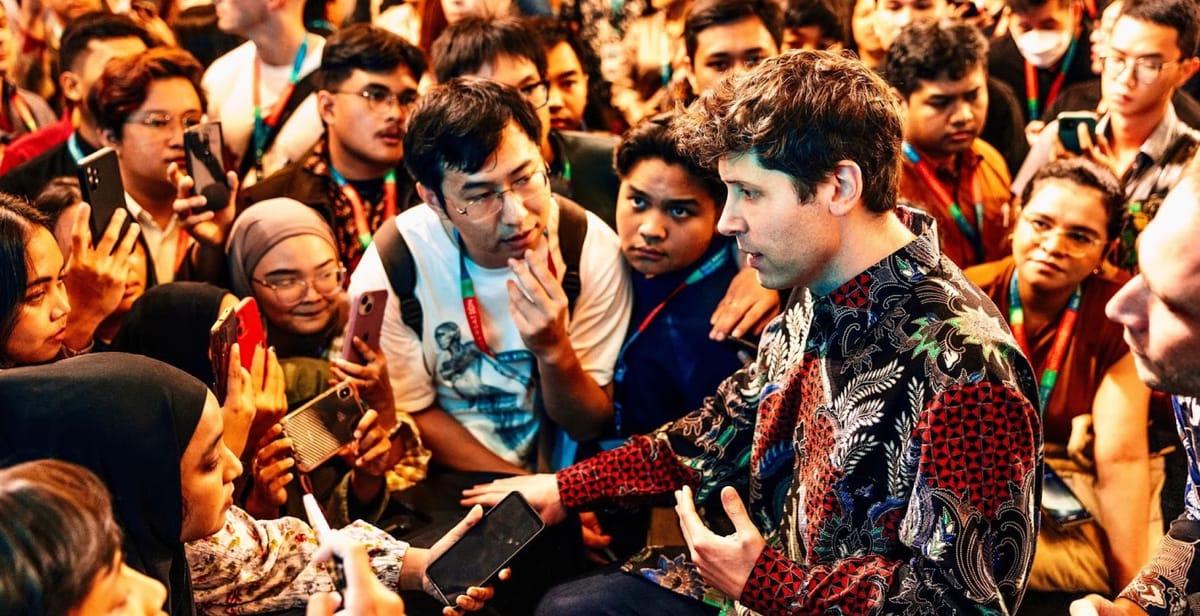
OpenAI is taking its AI infrastructure ambitions global. The company announced "OpenAI for Countries" on Wednesday, a new initiative designed to help nations build their own AI infrastructure and deploy customized versions of ChatGPT tailored to local languages and needs.
Key Points:
- OpenAI will help partner countries build local data centers and customize ChatGPT for their citizens
- The company frames this as spreading "democratic AI" versus "authoritarian" AI systems in a geopolitical context
- The initiative builds on Stargate, the massive US infrastructure project where OpenAI is constructing facilities capable of housing hundreds of thousands of AI chips
The program emerges as an extension of OpenAI's massive Stargate project — the $500 billion joint venture with SoftBank and Oracle that's currently building out AI data centers across the US, starting in Abilene, Texas. According to the company, they've been inundated with requests from countries around the world looking to develop similar capabilities.
"We've heard from many countries asking for help in building out similar AI infrastructure — that they want their own Stargates and similar projects," OpenAI wrote in its announcement. "It's clear to everyone now that this kind of infrastructure is going to be the backbone of future economic growth and national development."
The scale of what OpenAI is building domestically — and now aims to replicate internationally — is staggering. In a LinkedIn post, Chris Lehane, OpenAI's chief global affairs officer, described the Abilene campus as a nearly 1,000-acre site with eight buildings under construction, each measuring 500,000 square feet. "Each building covers roughly nine football fields, has more floor space than a baseball stadium, and could house more than 100 basketball courts," Lehane wrote after touring the site with CEO Sam Altman and other executives.
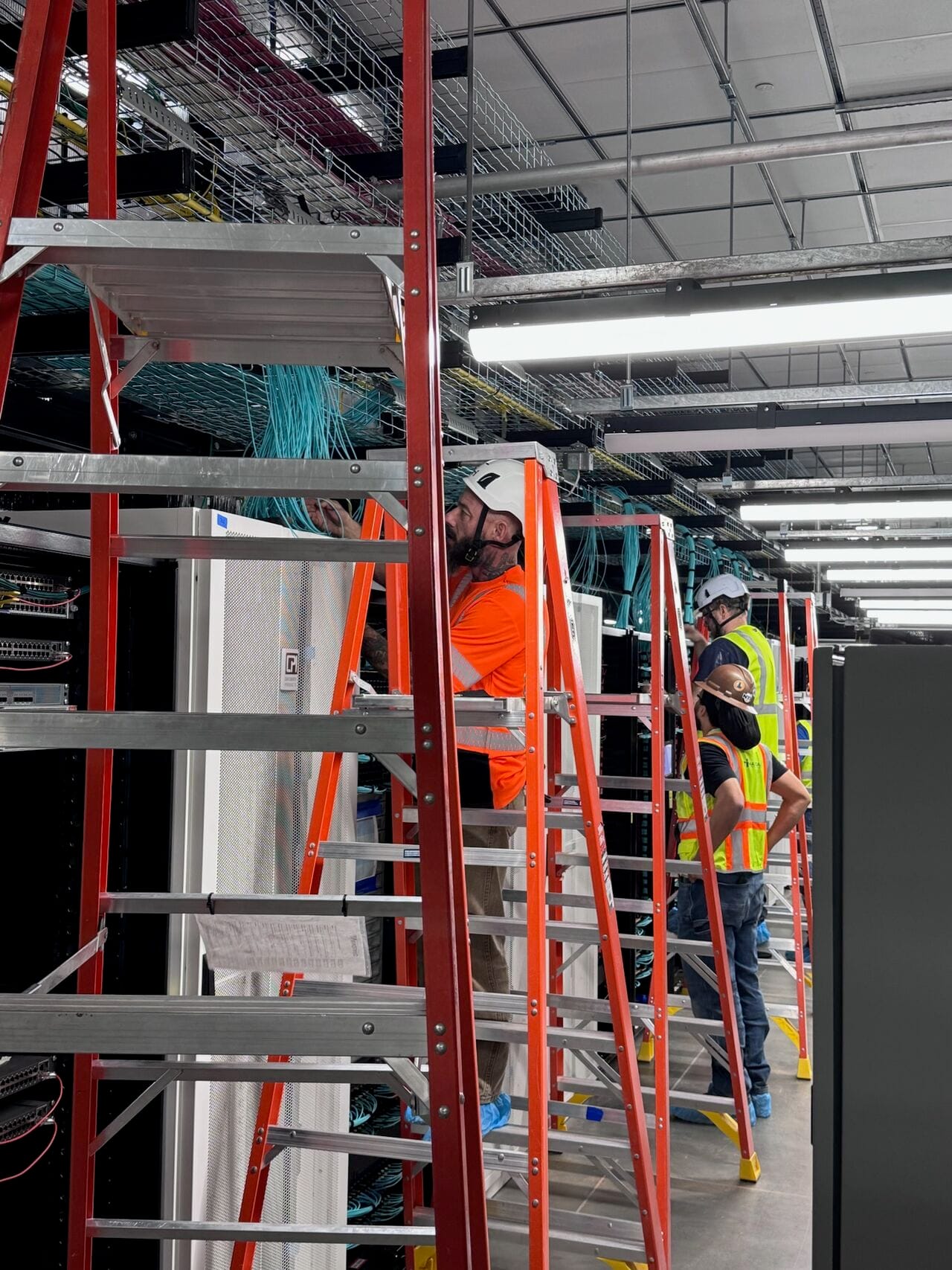
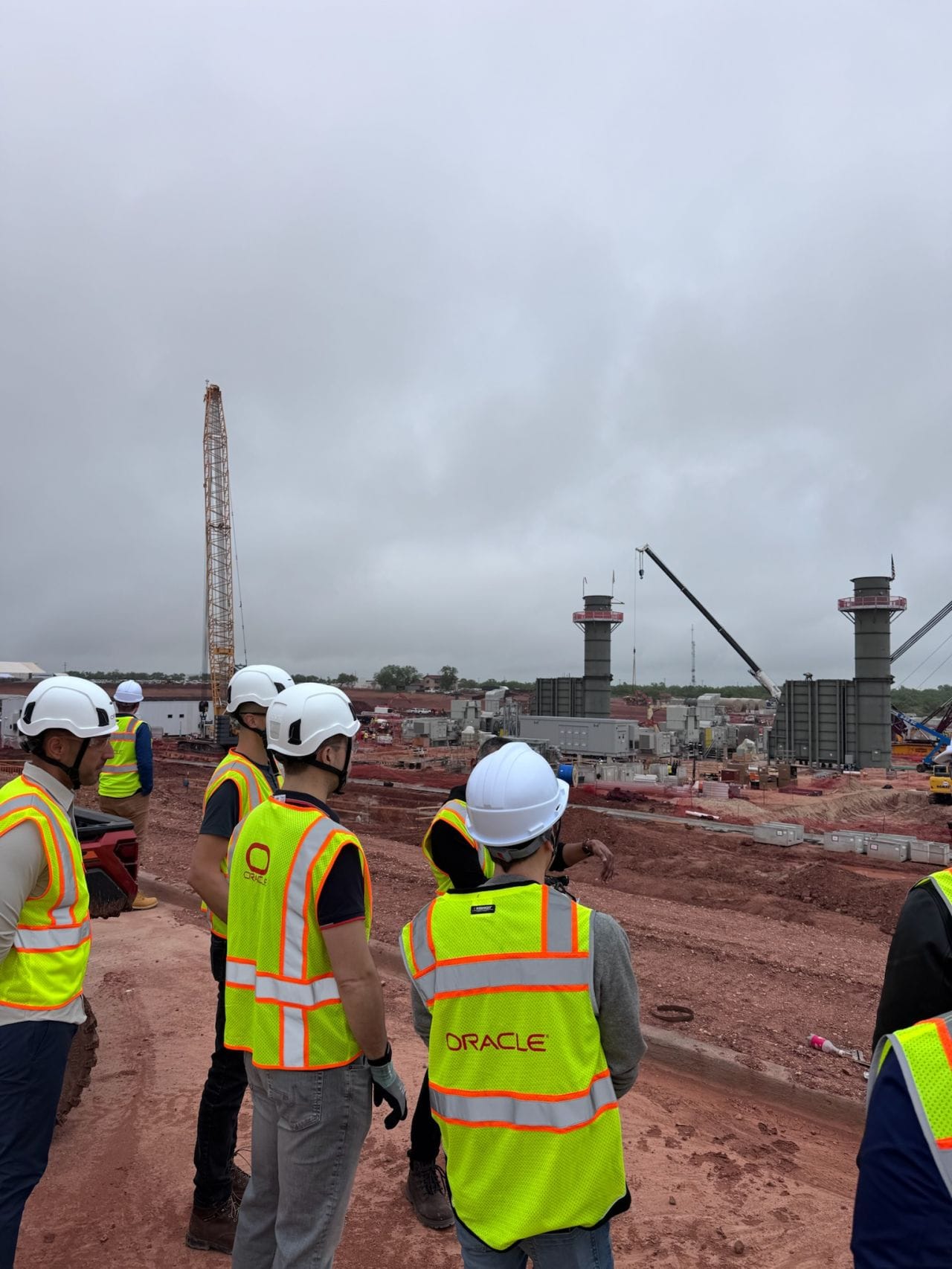
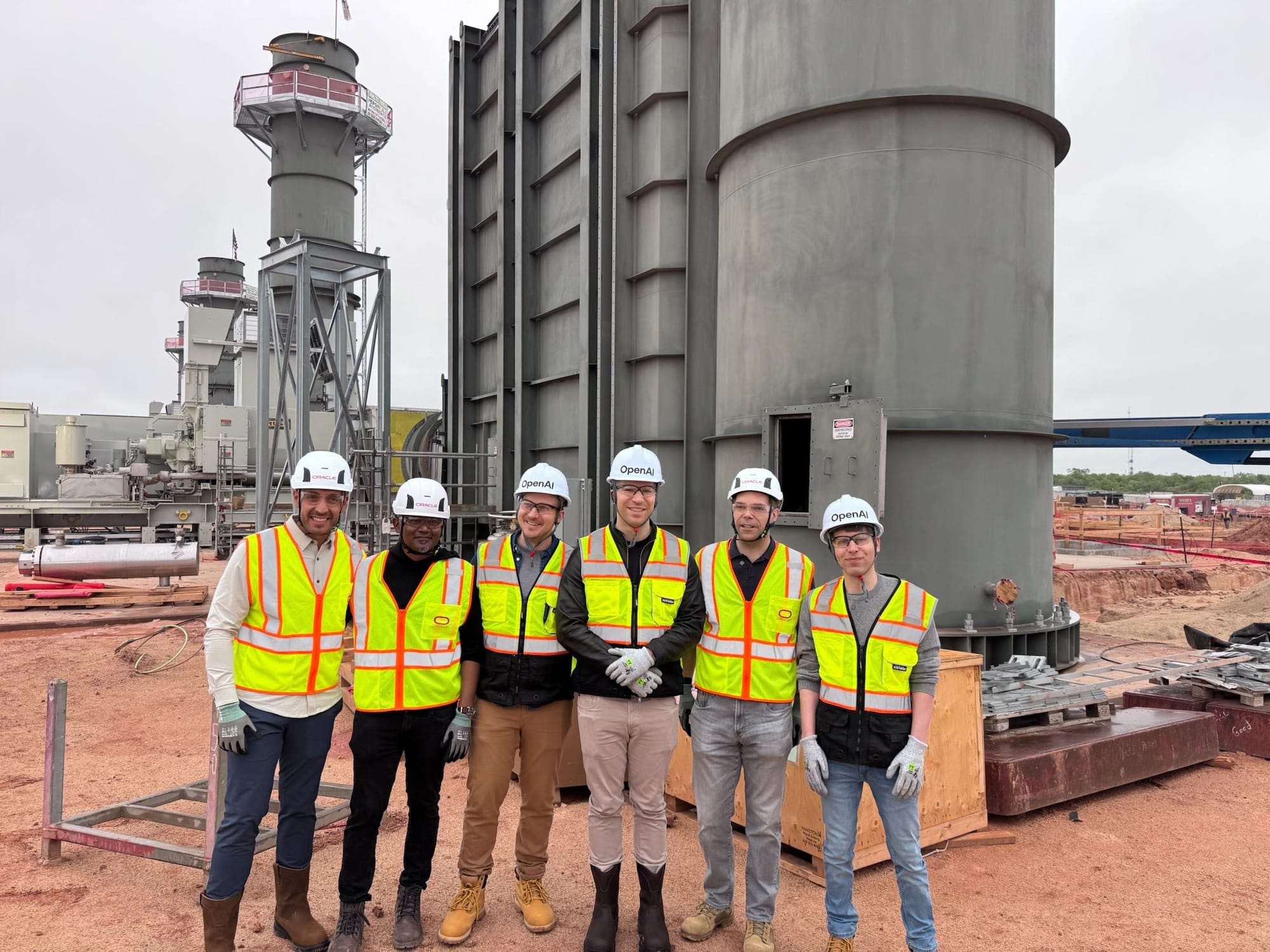
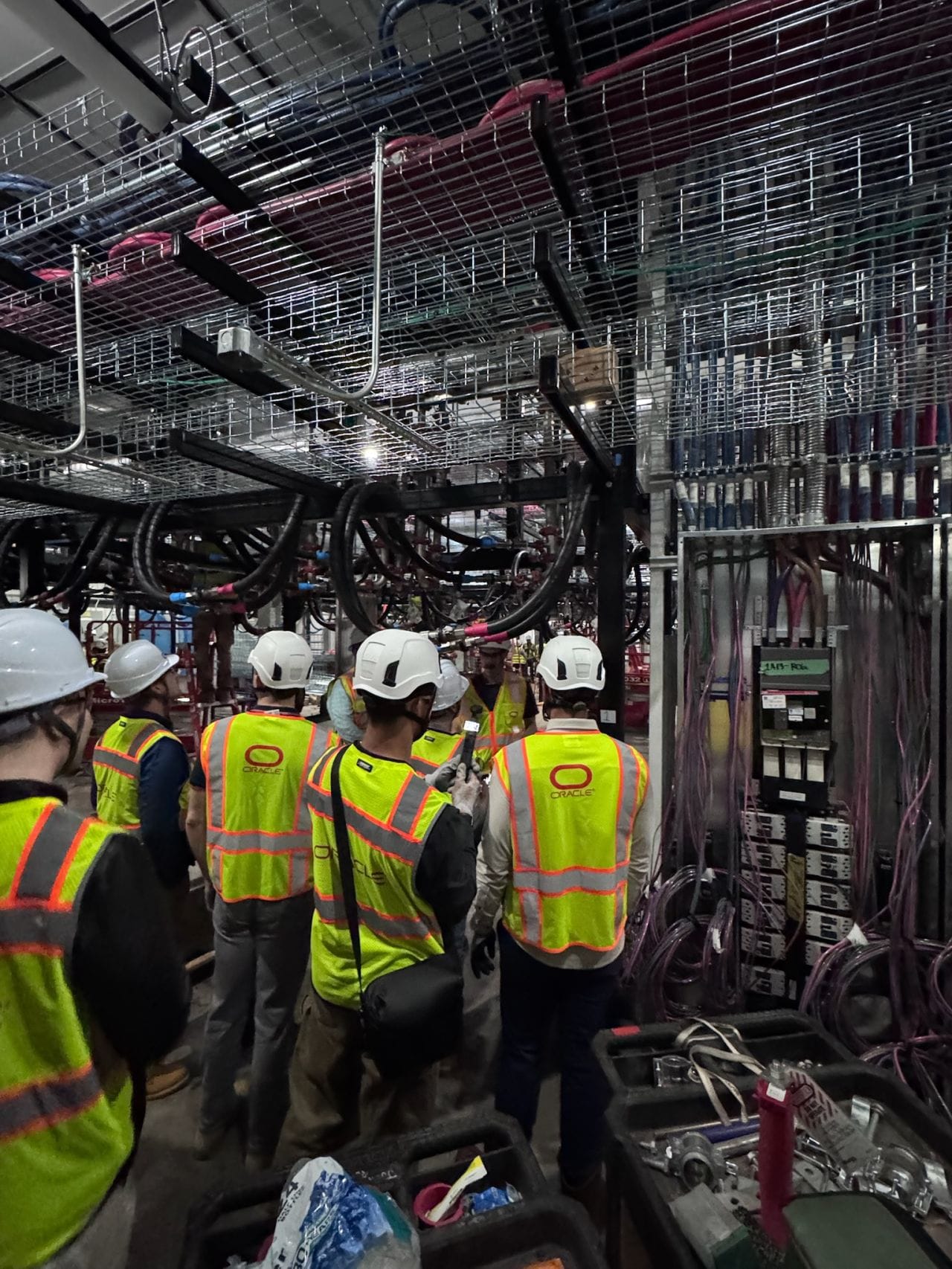
The initiative is being packaged with distinctly geopolitical overtones. OpenAI describes it as promoting "democratic AI" in contrast to "authoritarian versions of AI that would deploy it to consolidate power" — a thinly veiled reference to China's approach to artificial intelligence. This positioning aligns neatly with the Trump administration's focus on ensuring US dominance in the global AI race.
"We have a window here to help create pathways so that a large portion of the world is building on democratic AI at a moment when the world's going to have to choose between democratic AI and autocratic [AI]," Chris Lehane, OpenAI's chief global affairs officer, told Axios.
Under the program, OpenAI will partner with countries to build local data centers, provide customized ChatGPT services to citizens, continue developing security and safety controls, and establish national startup funds to seed local AI ecosystems. Partner countries will also be expected to invest in the broader Stargate Project, creating what OpenAI describes as a "global, growing network effect for democratic AI."
The partnerships will be funded by both OpenAI and participating governments, with arrangements tailored to each country's specific needs. Some nations might already have data centers that need optimization for AI workloads, while others might be building from scratch.
"There'll be some places that maybe want an inference model for a specific purpose," Lehane explained, suggesting flexibility in how the partnerships will be structured. The company aims to pursue 10 international projects in the first phase but hasn't specified which countries they're targeting.
"Infrastructure is destiny when it comes to AI," Lehane wrote in his LinkedIn post, underscoring the strategic importance of these physical assets. He framed the international expansion as "an investment in democratic AI that will help advance OpenAI's mission of ensuring that AI benefits all of humanity."
While framed around democratic principles and local sovereignty, questions remain about how much customization OpenAI will permit in different countries, and who exactly gets to define what constitutes "democratic AI." In recent recommendations to the US Office of Science and Technology on export controls, OpenAI defined democratically aligned countries as "the entire world" minus China and its "few allies" — a notably broad definition that might raise eyebrows among foreign policy experts.
The announcement comes just before CEO Sam Altman is scheduled to testify at a Senate Commerce Committee hearing titled "Winning the AI race," and as the company continues its transition from a "capped-profit" partnership to a public benefit corporation. That restructuring process remains ongoing, with Microsoft and OpenAI still in negotiations and awaiting regulatory approval.
